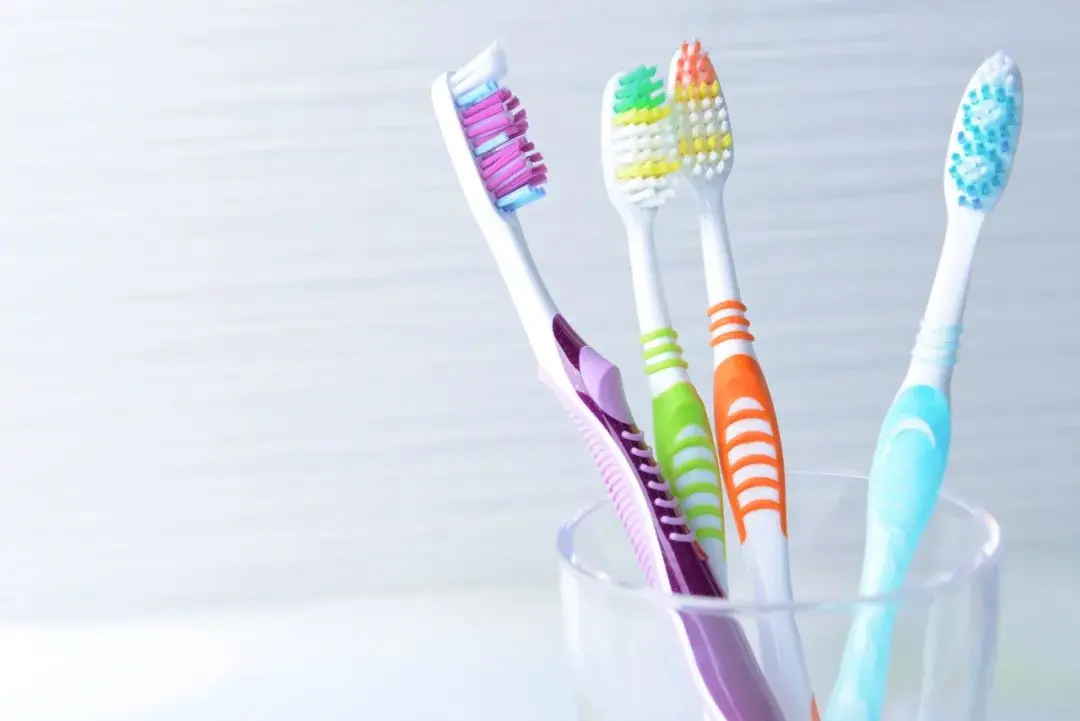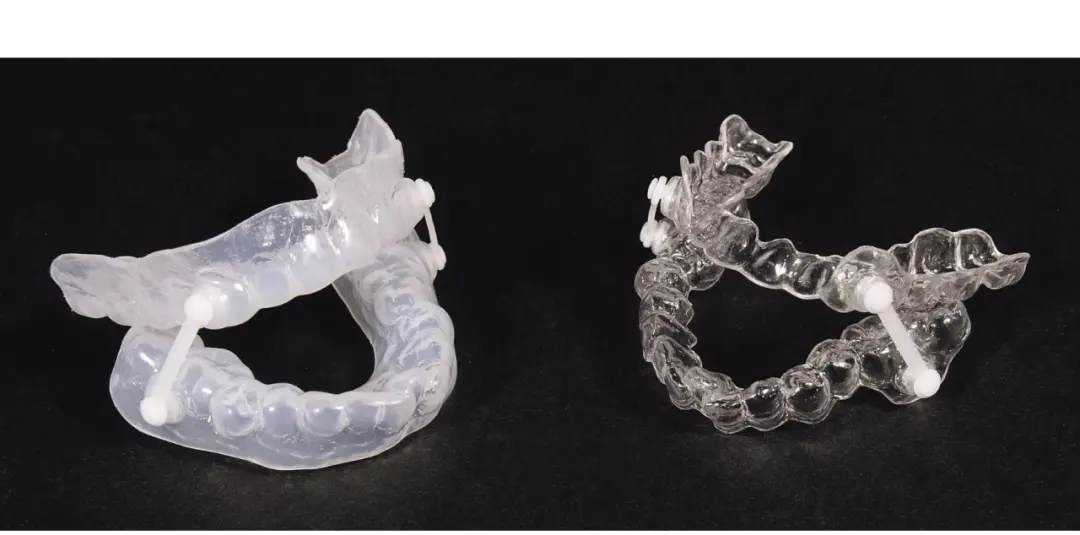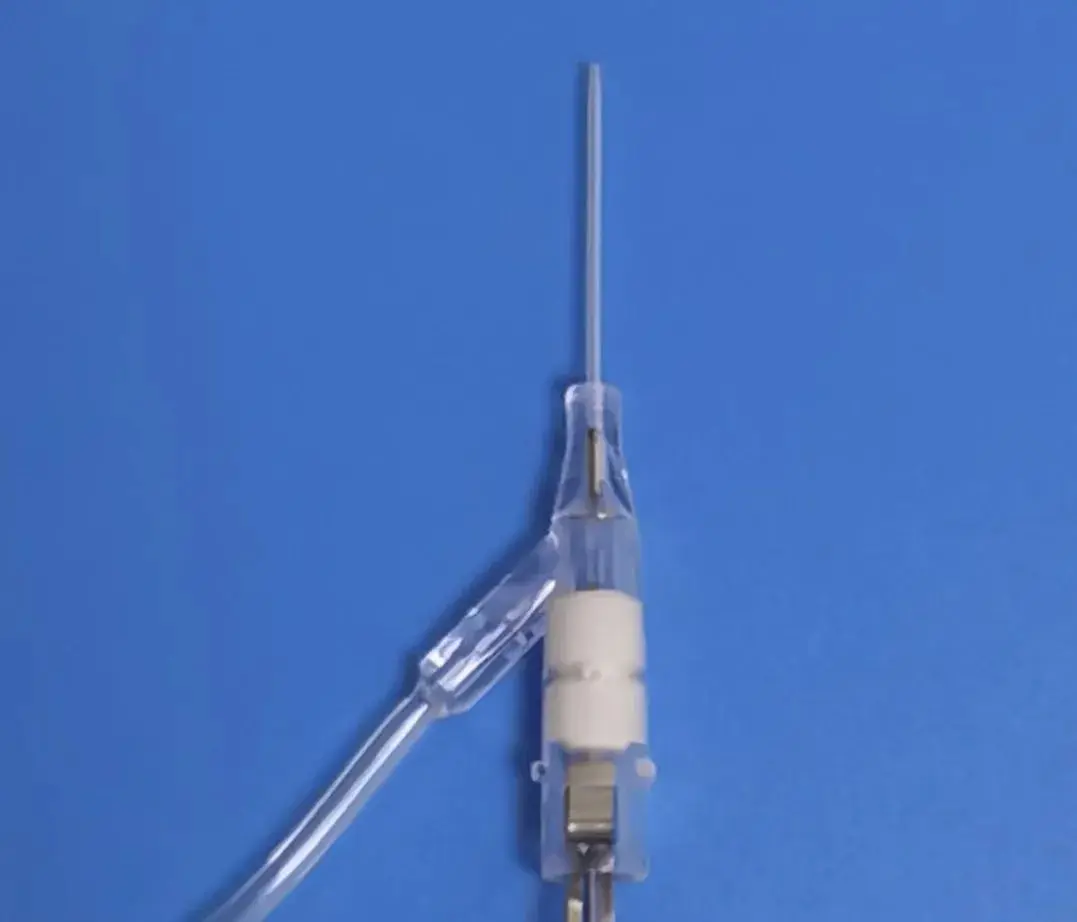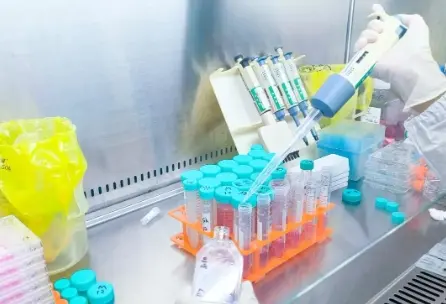
EN71 Compliance Certification Testing
Exporting children's toys to EU countries requires an EN71 complianCE certification test report, which is crucial. Without an EN71 test report, children's toys may face mandatory recalls and sales bans. So, what exactly is EN71 testing? What are the testing criteria? This article by China JJR Laboratory provides a detailed explanation.
What is EN71 Certification?
The EN71 series of toy safety standards is a set of specific testing technical requirements and regulations established by CEN (European Committee for Standardization) for the Toy Safety Directive 2009/48/EC (formerly 88/378/EEC).
The EN71 standards cover various indicators related to toy safety and environmental protection, addressing most toy categories. All toys sold in the EU must comply with EN71 testing standards.
The Significance of EN71
EN71 serves as the regulatory standard for toy products in the EU market. Children are a vulnerable group cared for by society, and the toy market is expanding rapidly. However, incidents caused by poor-quality toys continue to occur, leading many countries to enforce stricter toy safety regulations.
To ensure compliance, manufacturers must certify that their products meet the relevant standards before being sold in a particular region. Manufacturers are responsible for accidents caused by manufacturing defects, poor design, or inappropriate materials.
The EN71 certification law was introduced in Europe to establish technical specifications for toys entering the market, aiming to reduce or prevent potential harm to children.
EN71 Standard Testing Items
- EN71-1: Toy Safety – Part 1: Physical and Mechanical Properties
- EN71-2: Toy Safety – Part 2: Flammability
- EN71-3: Toy Safety – Part 3: Migration of Certain Elements
- EN71-4: Toy Safety – Part 4: Experimental Sets for Chemistry and Related Activities
- EN71-5: Toy Safety – Part 5: Chemical Toys (Excluding Experimental Sets)
- EN71-6: Toy Safety – Part 6: Graphical Representation of Age Warning Labels
- EN71-7: Finger Paints – Requirements
- EN71-8: Swings, Slides, and Similar Toys for Indoor and Outdoor Use
- en71-9: General Requirements for Organic Compounds in Toys
- EN71-10: Sample Preparation and Extraction of Organic Compounds
- EN71-11: Methods for Analyzing Organic Compounds
EN71 Certification Testing Costs
EU regulations mandate that EN71 testing must be conducted separately based on different materials and colors, leading to varying fees. Some customers specifically request tests for EN71-1, EN71-2, EN71-3, etc., which affects the pricing accordingly.
Examples of EN71 Testing Costs
1. Building Block Toys (Single Material, Single Color)
- If the toy is made of a single material (wood) and has no additional colors, the fee is calculated based on one material type.
2. Building Block Toys (Single Material, Multiple Colors)
- If the toy is made of a single material but comes in 10+ different colors, each color must be tested separately, resulting in a higher price.
3. Plush Toys (Multiple Materials and Colors)
- If a plush toy contains 4-5 different materials and 4-5 different colors, the testing cost ranges between $450-$800 USD. This pricing structure follows EU regulations, making EN71 testing relatively expensive.
Email:hello@jjrlab.com
Write your message here and send it to us
 Toothbrush FDA Certification Testing
Toothbrush FDA Certification Testing
 Snoring Device FDA 510k Standard Testing
Snoring Device FDA 510k Standard Testing
 Single Use Intravenous Catheter Certification Test
Single Use Intravenous Catheter Certification Test
 Silicone Material Product Compliance Certification
Silicone Material Product Compliance Certification
 What to Do If Cytotoxicity Test Results Are Positi
What to Do If Cytotoxicity Test Results Are Positi
 ISO 10993:5 Cytotoxicity Testing Methods
ISO 10993:5 Cytotoxicity Testing Methods
 FDA ISO 10993-1 Biocompatibility Evaluation Guidel
FDA ISO 10993-1 Biocompatibility Evaluation Guidel
 In Vitro Cytotoxicity Testing for Medical Devices
In Vitro Cytotoxicity Testing for Medical Devices
Leave us a message
24-hour online customer service at any time to respond, so that you worry!




